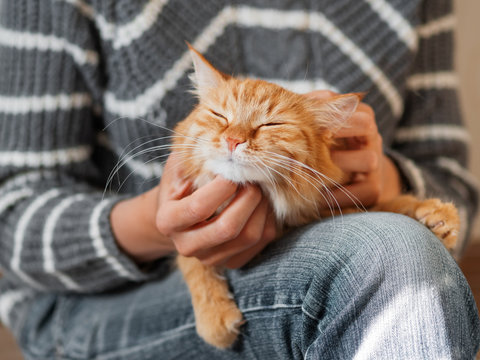 The Feline Friends Association (FFA) is a charity aiming to
fundraise and spread awareness of various feline illnesses.
The Feline Friends Association (FFA) is a charity aiming to
fundraise and spread awareness of various feline illnesses.
We have partnerships with various pet hospitals and feline research organizations to support the development of a more holistic understanding of feline diseases as well as help cover cats’ healthcare expenses.
